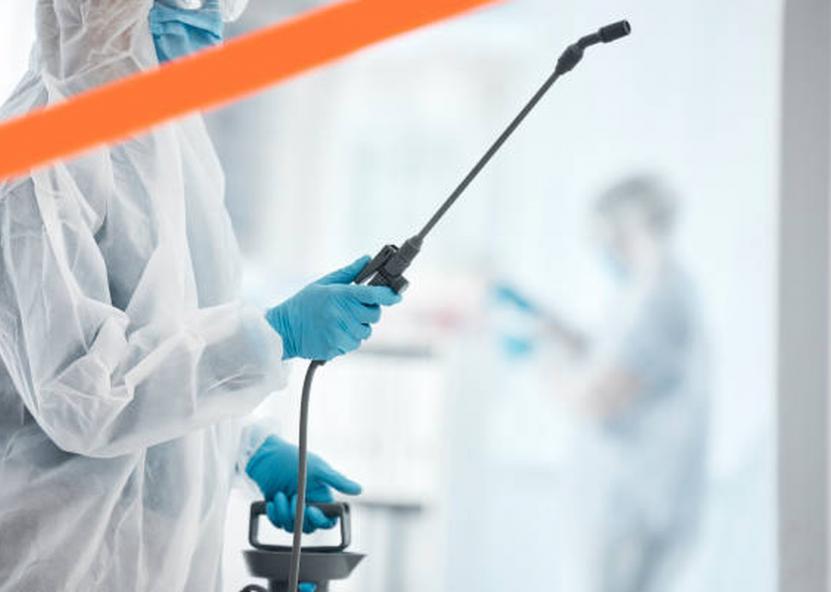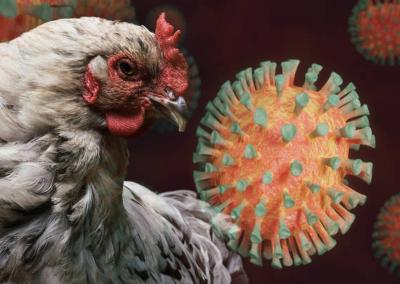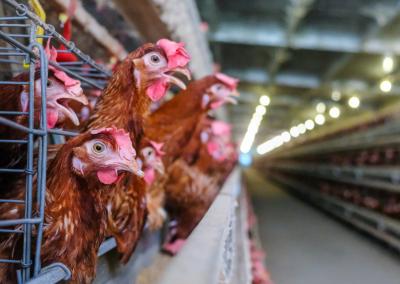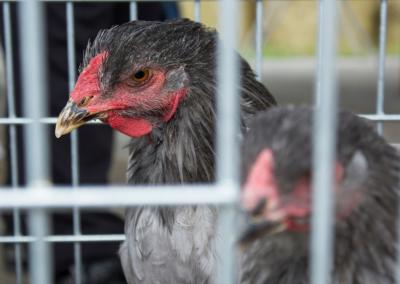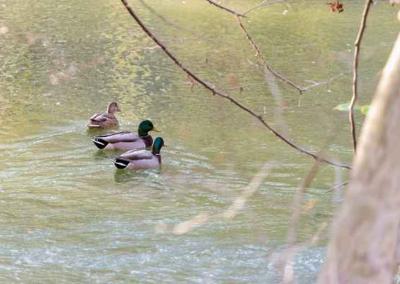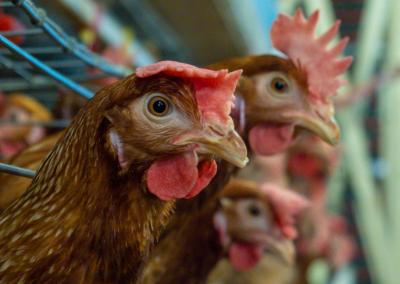Avian influenza outbreak in Vilkitsi eradicated and residents urged to protect birds
An outbreak of a dangerous avian influenza virus is being eradicated today on a laying hen farm in the Šilutė district. All the birds kept there have been safely culled and the eggs, feed and bedding on the farm will be destroyed. The farm will only be able to reopen after all the disinfection, cleaning and washing work, which could take up to a month. Only after the State Food and Veterinary Office (SVVT) has assessed that the farm is no longer a source of the virus will the restrictions on the farm be lifted. Further monitoring of the contact poultry farms is ongoing, and so far there are no new suspicions of the spread of the virus.
According to the Chief Veterinarian of the Republic of Lithuania, Vaidotas Kiudulas, initial estimates suggest that the virus may have entered the farm through trade movements from already infected areas in Poland, where 14 confirmed outbreaks of highly pathogenic avian influenza (HPAI) are known to date.
A protection and surveillance zones are currently established in the Šilutė district within a 10 km radius around the infected farm: poultry farms within these zones are prohibited from transporting live birds, bird carcasses or poultry meat products to another place without a separate permit from the Klaipėda District of the VMVT.
„Egg products currently on the market can be consumed normally. Consumers, catering establishments and food producers should use and consume eggs or other poultry products with proper hygiene and in accordance with elementary food safety rules during food preparation," informed Deividas Kalinauskas, Head of the Animal Products Division of the VMVT. He reminded people to wash their hands with soap and hot water, clean surfaces and utensils after every contact with raw eggs. Micro-organisms are sensitive to heat, so raw poultry meat, including eggs, should be treated at a temperature of at least 60 °C and cooked for at least 5 minutes. Food safety experts advise that raw or undercooked meat or eggs should always be avoided.
The European Centre for Disease Prevention and Control (ECDC) estimates that the risk to humans in direct contact with infected birds is moderate and the risk to the general public is low. The National Public Health Centre (NPHC) is currently carrying out preventive surveillance of workers who have come into contact with sick birds at the Vilkyčiai farm. They have been informed about preventive measures and the steps to be taken in case of symptoms.
People are at risk of contracting avian influenza through direct contact with infected birds or their secretions, but no human cases of avian influenza have been reported in Lithuania so far. There is also no evidence that the virus can be transmitted between humans.
Migratory wild birds, which are the main vectors of HPAI virus, are also subject to preventive surveillance. Residents are urged to protect their poultry from any possible contact with wild birds by fencing and covering poultry housing or areas where poultry are kept or present, not using open surface water bodies for watering poultry, and storing bird feed indoors to prevent it from becoming an attraction for wild birds. The VMVT warns people not to visit places marked with a special sign "HPAI hotspot", not to feed wild birds and avoid any contact with them.
Strictly observe personal hygiene when going to the farm or to poultry kept on the farm. Poultry can also carry the avian influenza virus if it is purchased from an unregistered, irresponsible breeder or trader, so people are urged to buy poultry only from legal sellers.



































































































